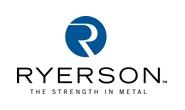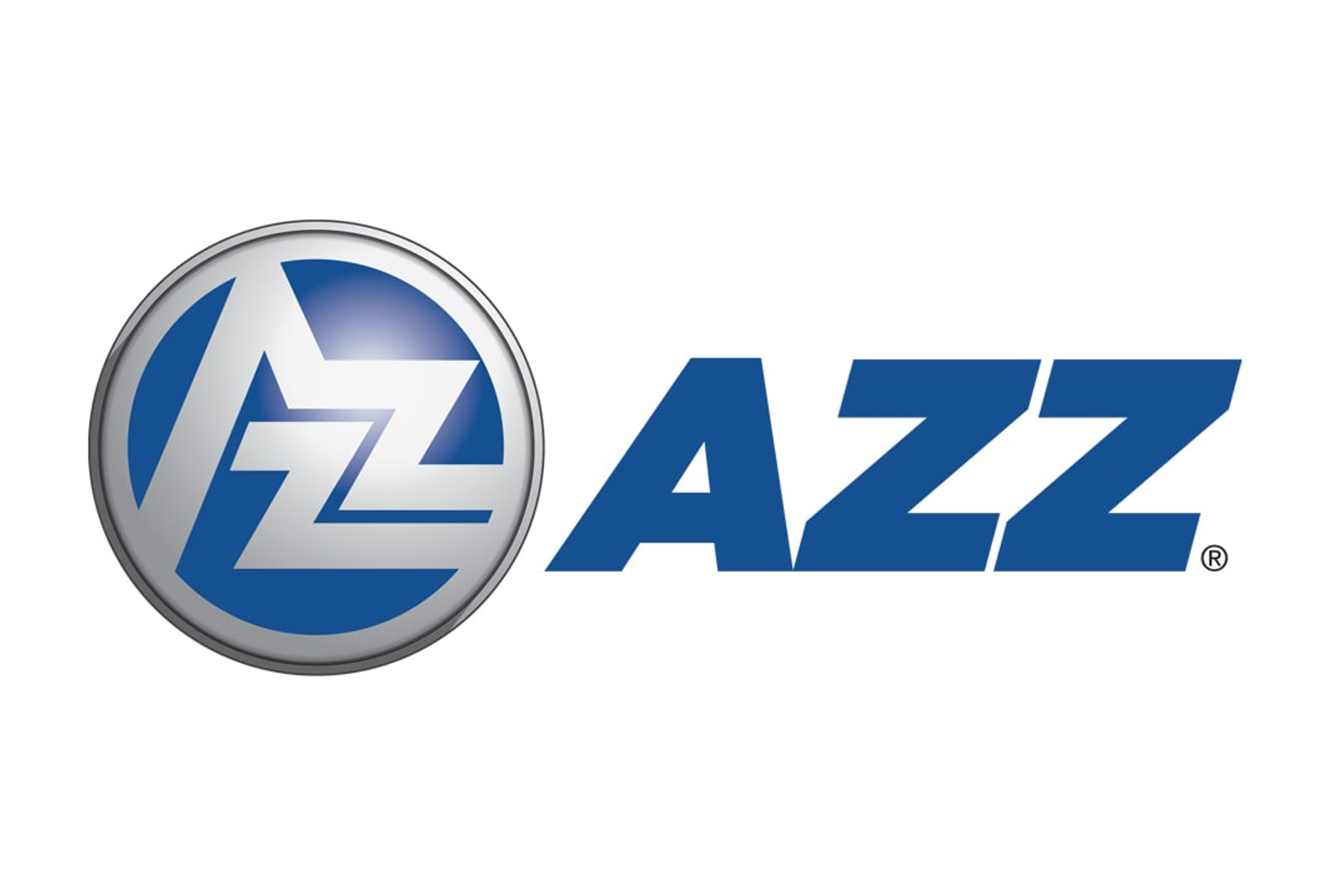Distributors/Service Centers

August 4, 2017
Ryerson Q2 Sales/Earnings Strong Despite Margin Drop
Written by Sandy Williams
Ryerson Holding Corp. turned in a strong performance in Q2 despite conflicting business and industry conditions, said President and CEO Eddie Lehner. Margins took a hit as steel import levels rose and nickel and carbon hot rolled prices moved lower.
“Ryerson saw some mix-shift impact to margins,” said Lehner, “as sheet and stainless related demand was relatively stronger than bar, plate, aluminum and carbon demand in the quarter, which exacerbated some of the margin compression, given that stainless steel is approximately 25 percent of our product mix and sheet products are 61 percent of our shape mix.”
Ryerson took a “gut punch” on margins in second quarter, said Lehner, bottoming out in early July and giving up about 100 basis points in margin just on stainless compression. Gross margins fell to 16.0 percent compared to 19.7 percent in the first quarter of 2017 and 22.0 percent for the year-ago period. Although it is too early to predict with certainty, the trend for demand looks positive for third quarter, said Lehner, especially with the longer shipping days in August (23).
Ryerson reported sales of $975.4 million for second quarter 2017, an increase of 7.5 percent from first quarter and a jump of 18.3 percent from first quarter 2016. Shipments were up 4.2 percent sequentially to 518,000 tons with the average selling price per ton at $1,680.
Net income was reported at $600,000, down from the previous quarter due to retirement of debt and impairment charges. Excluding those charges, net income was $16.9 million, compared to $14.8 million in Q1 and $5.6 million a year ago.
Carbon steel shipments rose 4.3 percent from the previous quarter to 390,000 tons and sales increased 8.8 percent to $433 million.
Improvement in tons shipped and sales were recorded in Ryerson’s aluminum and stainless steel segments, as well. Compared to first quarter, volume grew in commercial ground transportation, consumer durables, construction equipment, HVAC, and the oil and gas industries. Growth was offset by modest declines in food processing and agricultural equipment, and industrial machinery and equipment industries.
“Looking a bit more into the third quarter, we anticipate margins stabilizing and turning higher as inventory replacement costs reset, particularly in stainless, while hot-rolled coil carbon prices have moved higher over the past several weeks,” said Lehner. “Further, we anticipate continued modest demand improvements compared to the prior year given current business conditions.”
Ryerson held inventory balance to 68.9 days of supply compared to 69.1 days in first quarter and 74.4 days a year ago. “It’s not the easiest thing in the world to turn inventories in under 70 days and grow market share,” said Lehner, “which really shows that we’re making structural progress in terms of having inventories in the right place at the right time, being able to fulfill customer demand.”
In his prepared remarks during the earnings call, Lehner commented on the Section 232 investigation:
“The section 232 investigations have been a non-event in terms of recommended actions so far, but the very public and well covered process with widely careening headlines heightened price volatility and import draws in the quarter. The headlines have also brought needed scrutiny and attention worldwide to the conflated hypocrisies and breakages in the current global trading system pertaining to industrial metals. This is a continuing and elongated storyline, and we will monitor and act accordingly as new information is gleaned through the process. On balance, the 232 investigations have been positive for the industry even with outcomes remaining in suspense.”
Ryerson is a leading value-added processor and distributor of industrial metals, with operations in the United States, Canada, Mexico and China. Founded in 1842 and celebrating its 175th anniversary, Ryerson employs around 3,500 in approximately 100 locations.







